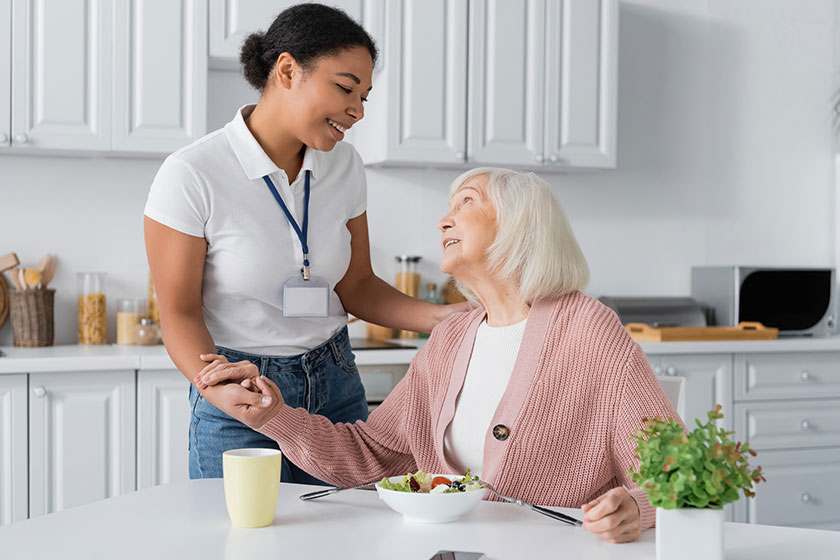As our loved ones age, circumstances may arise that require us to step into the role of a caregiver unexpectedly. It can be overwhelming to suddenly become responsible for the well-being of an aging parent or relative. Here are 9 tips to help you adapt and thrive as a sudden caregiver for elderly loved ones.
Educate Yourself on Their Medical Conditions
Understanding your loved one’s medical conditions and needs is essential for providing proper care. Research their specific health issues, medications, and any possible side effects. Familiarize yourself with the symptoms of common age-related health concerns such as dementia, heart disease, and diabetes. This knowledge will empower you to make informed decisions and advocate for their well-being.
Create a Support Network
A strong support network is crucial for both the caregiver and the care recipient. Reach out to family members, friends, and neighbors who can provide assistance, whether it’s running errands or offering emotional support. You may also consider joining a local caregiver support group, where you can share experiences, advice, and resources with others in similar situations.
Establish a Daily Routine
Developing a daily routine can help you and your loved one maintain a sense of normalcy and predictability. Routines can reduce stress, alleviate anxiety, and create a structure for daily tasks. Be sure to include time for personal care, meals, medication administration, exercise, social interaction, and rest.
Prioritize Safety at Home
Ensuring a safe home environment is vital for the well-being of your elderly loved ones. Evaluate their living space for potential hazards, such as clutter, slippery floors, or inadequate lighting. Install grab bars in the bathroom, secure loose rugs, and make sure smoke detectors are functional. Regularly assess their needs and make adjustments as necessary.
Communicate with Healthcare Professionals
As a caregiver, it’s important to maintain open lines of communication with your loved one’s healthcare team. Attend medical appointments, ask questions, and relay any concerns or changes in their condition. This collaboration will ensure your loved one receives the best possible care and support.
Encourage Independence
While it’s essential to provide assistance when needed, it’s equally important to promote independence for your elderly loved one. Encourage them to participate in activities they enjoy and can safely perform. This will help maintain their self-esteem and sense of purpose, while also fostering a sense of accomplishment.
Take Care of Yourself
Caring for an aging loved one can be physically and emotionally demanding. It’s crucial to prioritize your own well-being in order to be an effective caregiver. Make time for self-care activities, such as exercise, hobbies, or relaxation techniques. Don’t hesitate to seek professional help if you’re struggling with stress or emotional challenges.
Explore Financial and Legal Matters
As a caregiver, you may need to manage your loved one’s financial and legal affairs. Consult with professionals, such as financial planners or elder law attorneys, to ensure all necessary documents are in order and that your loved one’s wishes are respected.
Be Patient and Compassionate
Finally, practice patience and compassion, both with your loved one and yourself. Recognize that adapting to a caregiver role can be challenging, and that it’s okay to ask for help or take breaks when needed. Remember that your love and support make a significant difference in the life of your elderly loved one.
By following these tips, you can successfully adapt to your new role as a caregiver for elderly loved ones, ensuring their safety, well-being, and happiness during this stage of life.







